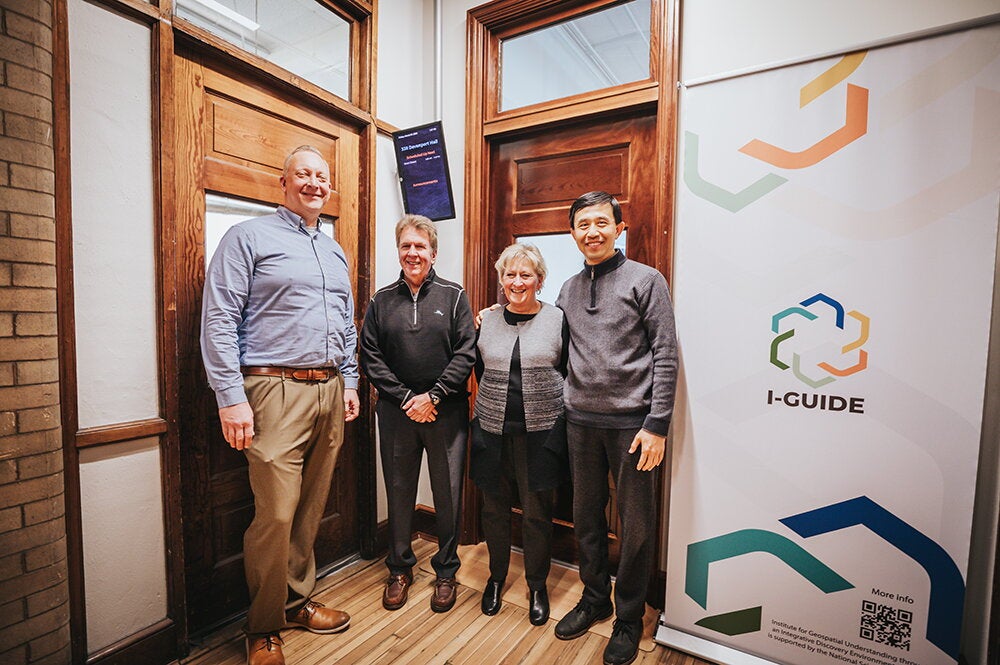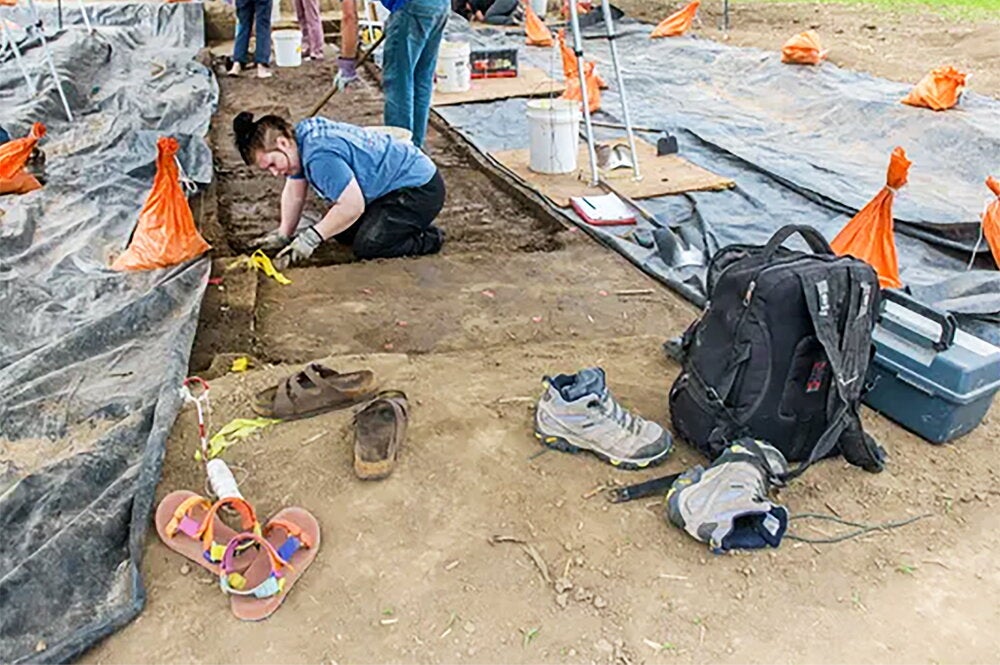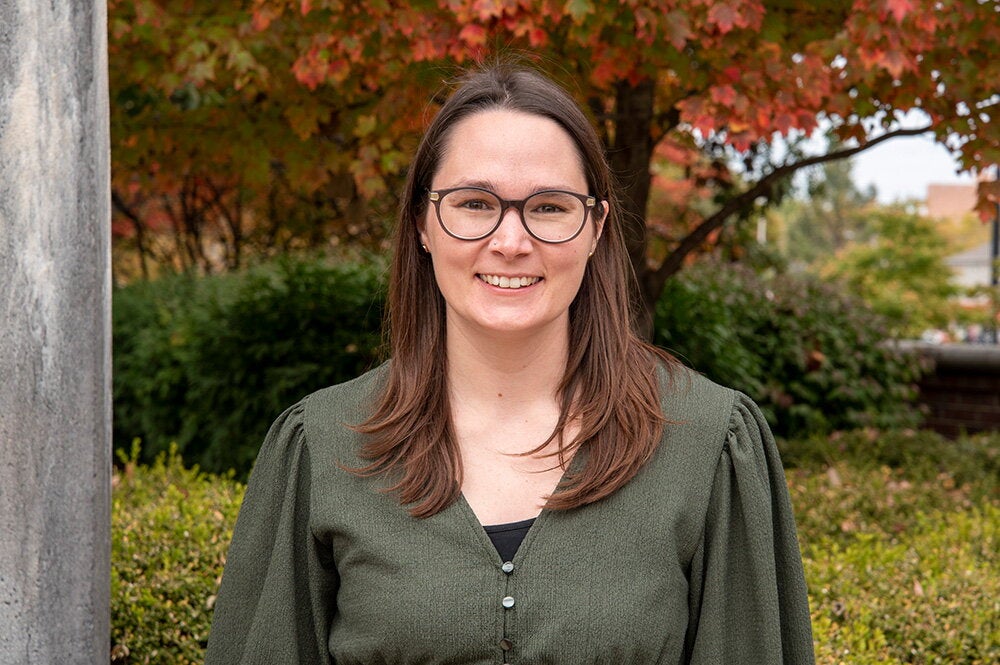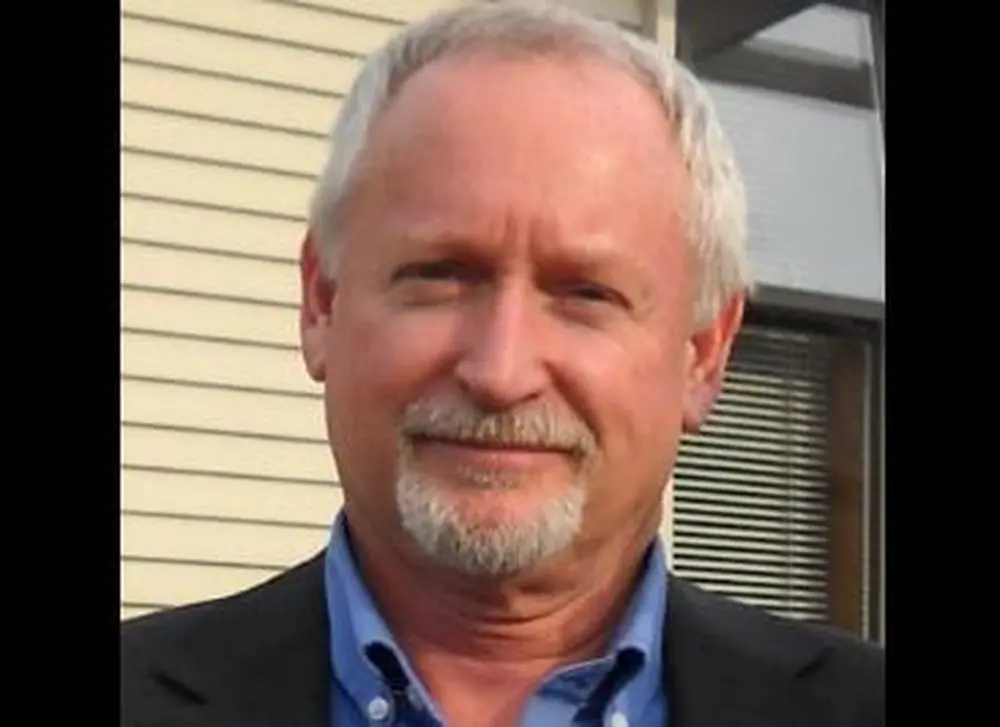

How does an English major end up as owner and president of a successful engineering firm? Through perseverance, following his heart and utilizing skills he learned by studying the humanities. Meet Darrell C. Nance, the first profile in the College of Liberal Arts & Sciences’ LAS@Work alumni series. Here’s the story of his career in his own words.
Occupation: President of BRH, Inc., a 60-person engineering firm in Seattle.
Place of residence: Bainbridge Island, Wash.
Degree: BA, ’78, English
What is a typical workday like for you?: My main focus now is more business-related than technical, although I do still manage projects now and then. I am involved in financial decisions, marketing, client relationships, strategic planning, future technologies, and managing the risks that come with working on large and complex projects. My main job, though, is mentoring the younger professionals here who represent the future of this firm. The teaching/coaching aspect of my job is the most rewarding.
What was your first job out of college?: I answered an advertisement for an entry level position on a land surveying crew. That was my first job with room for professional advancement.
How that first job led to his current position: That first job as a land surveying technician lasted six months, ending in a layoff due to an economic downturn. However, I was soon hired back by the same firm, and slowly worked my way into a position as a survey crew chief and then as a licensed professional surveyor. I knew I had found my calling in the technology and engineering sector. At 35 years old, I decided to follow my heart and move to Seattle. I had visited friends here in the Seattle area several times and fell in love with the place. I started over, career-wise, but I now own the firm that first hired me after my move to Seattle. Over the course of my career, I have worked on dam projects, bridges, high-rises, school and university campus projects, hospitals, airports and seaports. My main focus lately has been working with our technology and e-tail clients in developing their campuses in the Seattle area. The path was twisty and steep at times, but we all have to find our own way.
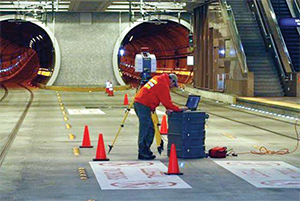
What is your proudest career achievement?: During the latest economic recession, and especially in 2010 through 2012, we were forced to lay off 60 percent of our people. Revenue dropped 70 percent. Company morale could have been dismal, but the remaining employees rallied and showed their versatility and unselfishness by doing whatever it took to get projects completed and keep the company afloat. It is not my achievement. The credit belongs to our people. I am very proud, though, of the entire organization for surviving and thriving. The firm has now returned to pre-recession strength and we have rehired most of the staff we lost. Even during the worst of it all, we kept salaries and benefits at a high level. After all, it is always about the people who do the work.
What about college best prepared you for your life and career?: Having to be a self-starter, meet deadlines, work collectively, manage time, learn to balance work/study/friends/fun/family and stay happy doing it. Managing the pressure is the best preparation for a career, any career.
How did your major prepare you for your career?: At first blush, the idea of an English degree being helpful in a technical career would seem counterintuitive. But studying the field of English, and the humanities in general, has proven invaluable to me. First of all, it has set me apart from most of my co-workers and associates over the years. It is so important to understand your clients’ motivations. Often that means reading between the lines. It also means asking the right questions to get to the heart of what is important to them. And now, as an employer, I am always looking for that sought-after combination of technical skill, critical thinking and the ability to communicate clearly and succinctly. It is a rare and valuable combination of talents in any field.
Are you a graduate of the College of LAS with an interesting job or career path that you’d like to share in your own words? Please contact Dave Evensen to be considered for the LAS@Work series!
March 2016
